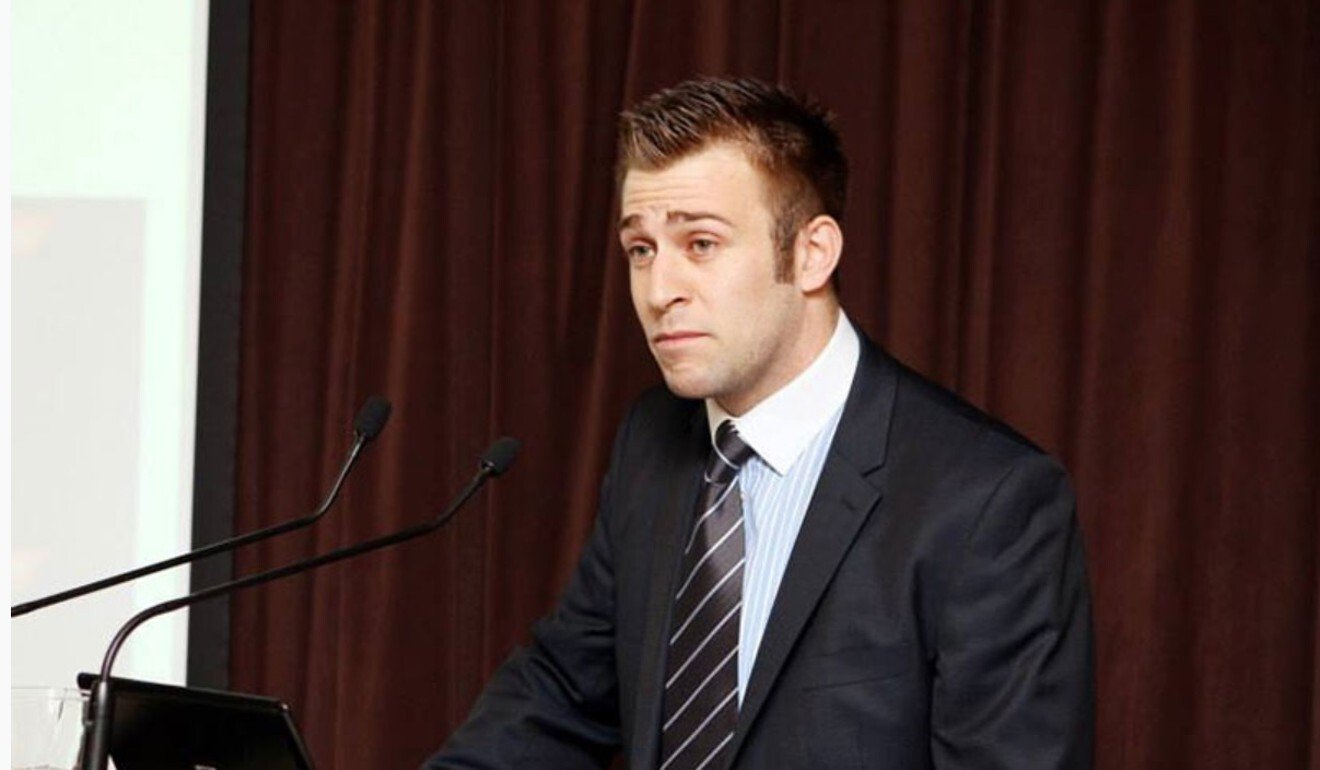
IOC and anti-corruption bodies hope to keep match-fixing and manipulation out of the Olympics after 2012 badminton scandal
- Four women’s doubles teams were disqualified from the London Games after deliberately losing matches to gain an advantage in the knockout stages
- Sports lawyer Kevin Carpenter says most cases involve breaches of IOC betting rules when participants go against a ban on gambling on the Olympics
Our Tokyo Trail series looks at key issues surrounding the 2020 Olympics, which are scheduled for late July.
At the 2012 London Olympics, eight badminton players – four women’s doubles pairs – were disqualified for trying to lose their preliminary matches. Teams from South Korea, Indonesia and China preferred losing than winning their groups because a quirk of the format meant that finishing second would give them easier opponents in the knockout rounds.
The London Games fiasco caused concern initially because some officials unfamiliar with such formats and even fans who would not normally watch the sport outside the Olympics were convinced the players were under instruction from an illegal betting-related match-fixing syndicate.
Of course, it was nothing of the sort. When it comes to match-fixing – or competition manipulation – the Olympics are largely immune from a cancer that is widespread outside IOC events and often linked to illegal betting.
“The badminton received a lot of publicity but it was a structural flaw in the competition essentially that was exploited by players,” said Kevin Carpenter, principal at Captivate Legal & Sports Solutions and a leading sports anticorruption lawyer who has worked in the past with the IOC. “This is why we call it competition manipulation and not just match-fixing because it is far broader than that.
“But I tell sports to give it the utmost attention and take it seriously because the public and the stakeholders don’t know the difference and don’t understand the nuances. So everyone just assumed that the badminton scandal had to do with betting and it wasn’t.

“It was simply the players trying to get a better draw for the next round of competition. So there has to be some thought given as to how to prevent this. You can’t always eliminate them completely but the Olympics have been trying to do away with dead rubbers and meaning matches.”
The badminton format was tweaked for the 2016 Games in Rio but the IOC recognised in 2006 the dangers posed by illegal betting to potential match-fixing within the Olympic Games. The body was already fighting a long and difficult battle against doping – where athletes cheat to win – and were desperate to avoid problems with match-fixing – cheating by losing.
Under former president Jacques Rogge, the IOC banned all competing athletes from betting on Olympic events by amending its code of ethics.
The 2008 Beijing Games was the first Olympics in which the IOC started monitoring betting activities, initially using Fifa’s Early Warning System and then working with more than 300 legal betting outlets. By the 2014 Sochi Winter Games, the IOC had developed Ibis – the Integrity Betting Intelligence System – which provides a platform for information exchange.

“While IOC’s remit is restricted to the major games it is responsible for, it has taken a leadership position in working with the UNODC [United Nations Office on Drugs and Crime] to jointly publish a study in 2013 which compiled criminal law provisions on match-fixing and illegal betting from existing legislation of 19 countries,” said University of Canberra assistant professor Catherine Ordway, a sports lawyer who has conducted extensive research on corruption in sport.
In 2015, data and integrity company Sportradar signed a Memorandum of Understanding with the IOC to expand information exchange on betting for all sports covered by Ibis at the Olympics and at international federation level.
Carpenter was part of a workshop held before the 2016 Rio Games, in partnership with Interpol, to train integrity officers on how to investigate possible match-fixing cases. He said most of the cases involved athletes or officials breaching betting rules as opposed to outright proven match-fixing.

He said intelligence from inside a sport – such as a whistle-blower system – is key to ensuring integrity officials from the IOC and governing bodies are able to react quickly to potential corruption in sport.
“You want to get as much intelligence from as many sources as possible to build up the necessary picture,” said Carpenter. “And one of the key areas from where you get this intelligence is from the participants themselves.
“The athletes, coaches and other members of the team, if you look at a lot of the match-fixing cases recently, such as in badminton and cricket, the information comes principally from the athletes themselves, so it’s important to have the mechanism and trust of the athletes.”











